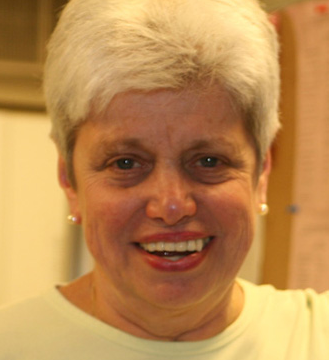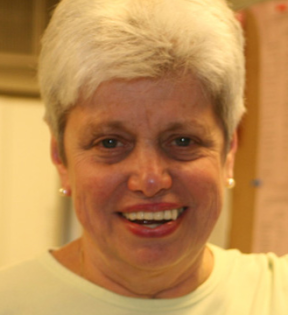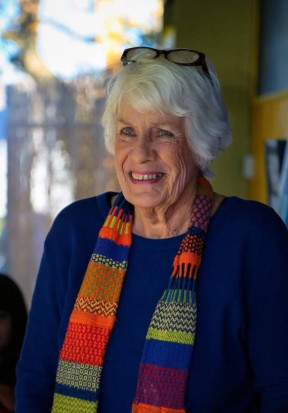
February 25, 2016 10:38 am Pearls of Wisdom from Bev Bos
Thanks to all who responded so positively to my column on Bev Bos last week. As a follow-up, here are some of the beliefs that she stressed in her writings and presentations. They can guide us all as we teach or parent young children. (My thoughts in italics)
On the Importance of Socialization
“Kids have to be social by six. If they’re not social by six, if they don’t know how to give and take, if they don’t know how to negotiate, if they don’t know how to make friends, fight and then go back to that friend, what happens is that other kids push them away. Then the teacher pushes them away. Later, society pushes them away. Whether we survive on this planet or not depends on how we socialize.”
“As adults, we sometimes feel, incorrectly, that we can socialize for our children… we want to create positive social experiences for our children, to prevent them from being taken advantage of, to support them when they need guidance. But we must not forget that no one can socialize for another human being.”
“Giving children practice in working cooperatively with each other is one of the most important specific functions the preschool has to offer. Practicing cooperation will help the young child immensely. It isn’t only preparation for school, but preparation for life.”
Given freedom to play in the company of other children for extended periods of time, to explore, to move things around and create their own order, children will develop social competence.
On the Concept of ‘Readiness’
“Earliest isn’t best. Fastest isn’t best. If what we want for our children is a lifetime of excellence – in experience, in ability, in knowledge – we must be responsible enough to wait and thorough enough to look at all sides of their development.”
“The most important thing an adult can do to give a young child a positive self-concept is to give time.”
“Many parents and administrators have childhood amnesia. Most adults do not remember being two, three, four, or five years old… They want their children’s lives to be better, but too many seem to have no way of identifying what “better” might be – except more of everything, faster and sooner – unless we as teachers make it clear to them that sooner is not better, faster is not better.”
“After observing young children for 30 years, I know that children get involved and stay involved in all that is interesting to them. While we can sometimes encourage children to become interested in new things, we must be careful not to usurp children’s freedom to choose their own activities and the peers with whom they will do those activities.”
My personal favorite: “You can’t make a 3-year old be a 4-year old,” or, as a friend of Bev’s said, “Pulling the tail off a tadpole doesn’t make it a frog.” Children need to complete each stage of development in order to move on successfully to the next.
On the Importance of Memories and Traditions
“Especially since television, children seem to be hearing fewer and fewer tales – folk tales or personal stories passed down from generation to generation. Everyone involved with children –parents, teachers, grandparents, baby-sitters, friends – needs to help revive the art of the folk story. Most of us know at least one story passed down from generation to generation. We must summon up the wonderful experiences of our own childhood and pass them along to our children.”
“I would hope to inspire parents, grandparents, and friends of young children to share music from their own childhoods as well as new songs with children. There is no better gift you can give a child than an individual tradition.”
Children love hearing stories of what their parents and grandparents did when they were children. They beg for more of them. They also gain understanding of the somewhat symbolic concept that their parents and grandparents were children once, with brothers and sisters, cousins and parents of their own.
On Parenting
“Retaining our own sense of playfulness and wonder means that we will be able to instill in future generations a sense of wonder, a sense of humor, a sense of compassion, a sense of optimism about life and living – a sense that we surely need if we are to survive.”
“Be kind and gentle with yourself as a parent. One hundred years from now, no one will know if you kept a clean house, but it will make a difference in the world if you spend quality time with your children.”
Amen. Thank you, Bev.



